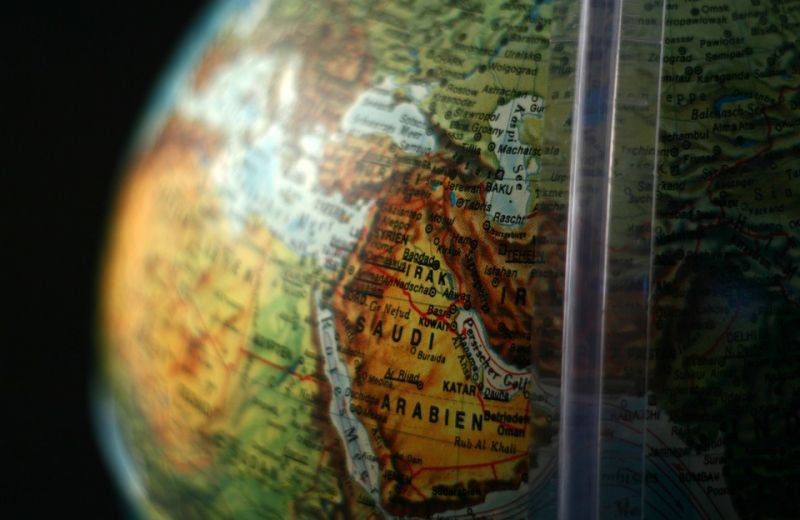 Op-eds
/ Israel and the East Mediterranean
Op-eds
/ Israel and the East Mediterranean
For decades, Israelis tended to perceive themselves as living in a hostile region and as being doomed for isolation in their neighborhood. The changing realities between Israel and Arab countries, which included increased acceptance, agreements and cooperation, have not yet altered this basic mindset. Therefore, once the Eastern Mediterranean began to emerge as a distinct sub-region to which Israel could not only belong, but in which it can also play a leading role, it was warmly embraced by the Israeli policy elite.
Israel’s diplomatic emphasis on the Eastern Mediterranean evolved throughout the 2010s based on natural gas findings in Israel’s economic waters and growing tensions with Turkey. Israel cooperated with Greece and Cyprus to establish a new trilateral alliance, which was in line with similar triangular alliances the Hellenic countries were developing (e.g. with Egypt). This alliance became increasingly visible, with the leaders of Israel, Greece and Cyprus setting the tone by conducting multiple summits. Other ministers, government agencies and non-governmental organizations followed suit, and managed to inject significant and diverse content into the emerging alliance. Over the time, the US also stepped in and began to participate in Israel-Greece-Cyprus meetings.
The alliance was presented to the public in a positive light. A special logo was designed, which included a motto emphasizing the democratic natures of the three countries. The EU seemed to welcome this new alliance, and was willing to help fund the feasibility study of the ambitious East Med pipeline project (aimed at exporting gas from Israel, through Cyprus, to Europe). The cooperation around natural gas brought additional countries into the picture, leading to the establishment in Cairo of the Eastern Mediterranean Gas Forum (EMGF) in early 2019. The EMGF, which in early 2020 is evolving into a recognized international organization, enables Israel to be part of a regional mechanism with a unique composition of Arab and European states. Apart from Israel, its members include the Palestinian Authority, Egypt, Jordan, Italy, Cyprus and Greece. Recently, France also asked to join, while the US, EU and World Bank serve as observers. Such an organization provides Israel with both diplomatic and economic opportunities.
Israel can benefit from even more inclusive mechanisms and cooperation in the Eastern Mediterranean. From the onset of its engagement in this sub-region, Israel emphasized that its emerging alliances are not intended against any other country. Namely, Israel’s ties with Greece and Cyprus have not been described by Israel as anti-Turkish. When Israel reconciled with Turkey in 2016 (an agreement that did not hold for long), it did so in parallel to its ties with Egypt and the Hellenic countries, which have deep conflicts of their own with Turkey. Israel began to practice a win-win regional diplomacy that is different from its traditional zero-sum mindset. Recently, however, Israel has been taking sides in the tensions in the Mediterranean, supporting Greece and Cyprus against Turkish actions and aspirations. Nevertheless, Turkey has strategic importance for Israel, and both countries should invest efforts in improving bilateral ties, starting with an exchange of ambassadors. Israel may thus benefit from having Turkey join the EMGF, although this is not likely to be accepted by other members. Israel can also benefit from Lebanon joining. The US has been trying to mediate between Israel and Lebanon, so they can resolve their maritime border dispute, but this did not yield success yet. Joint membership of the two countries in a regional organization may help in setting up new dialogue options.
But, most importantly, Israel should leverage developments in the Eastern Mediterranean to help it solve the conflict with the Palestinians. Restarting the peace process – not annexation in the West Bank – should be the top priority of Israel’s new government, and the Mediterranean lens can enable fresh thinking and ideas on how to improve humanitarian conditions in Gaza, reestablish a unified political structure that connects the Gaza Strip and the West Bank, and leverage the EMGF to becoming a regional mechanism that also produces positive incentives for Israeli-Palestinian peace and contributes to conflict resolution in the region.


